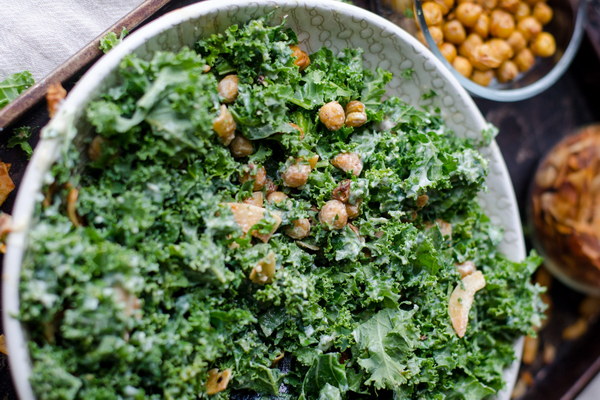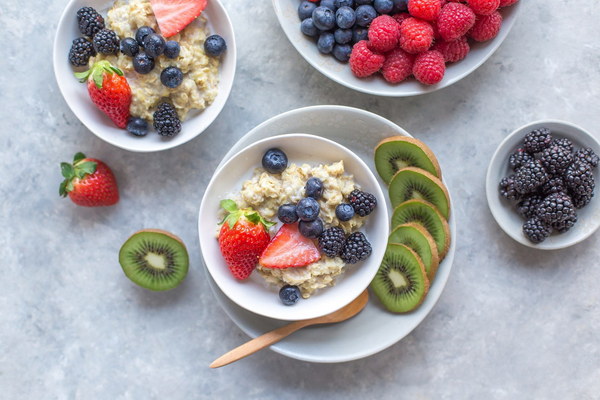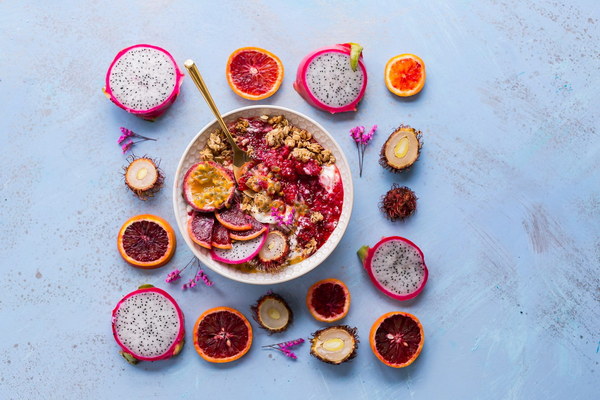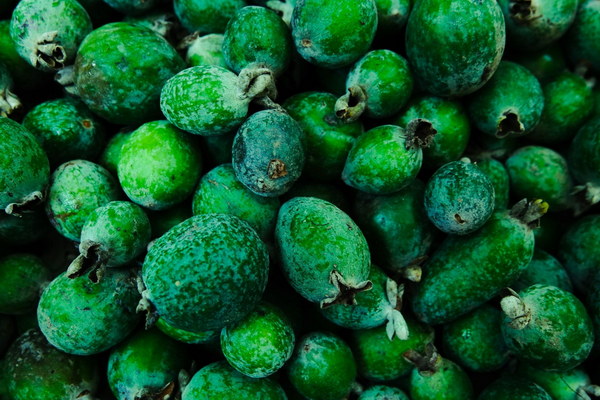Effective Body Care for Menstrual Cramps and Cold Stomach Tips for a Healthier You
Introduction:
Menstrual cramps and cold stomach are common issues faced by many women during their menstrual cycle. These discomforts can significantly impact daily life and overall well-being. In this article, we will discuss effective body care tips for dealing with menstrual cramps and cold stomach, helping you maintain a healthier lifestyle.
1. Maintain a Balanced Diet:
A balanced diet is crucial for managing menstrual cramps and cold stomach. Incorporate the following foods into your diet:
- Rich in omega-3 fatty acids: Fish, flaxseeds, chia seeds, and walnuts can help reduce inflammation and alleviate cramps.
- High in calcium: Dairy products, leafy greens, and fortified foods can help regulate menstrual cycles and reduce cramps.
- Rich in magnesium: Almonds, spinach, and avocado can help relax muscles and alleviate cramps.
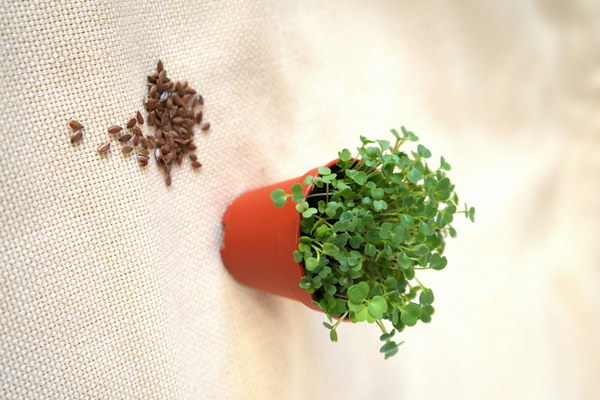
- High in iron: Red meat, lentils, and fortified cereals can prevent iron deficiency, a common cause of menstrual cramps.
2. Stay Hydrated:
Drinking plenty of water is essential for overall health, especially during your menstrual cycle. It can help reduce bloating, regulate your bowels, and prevent dehydration, which can exacerbate cramps and cold stomach.
3. Regular Exercise:
Engaging in regular exercise can help alleviate menstrual cramps and improve your overall well-being. Low-impact exercises such as walking, swimming, or yoga can help relax your muscles and reduce cramps. Aim for at least 30 minutes of moderate exercise most days of the week.
4. Apply Heat Therapy:
Heat therapy can help alleviate menstrual cramps and cold stomach. Use a heating pad, hot water bottle, or warm bath to relax your muscles and improve blood flow. Apply heat to your lower abdomen for 10-20 minutes at a time.
5. Practice Stress Management Techniques:
Stress can exacerbate menstrual cramps and cold stomach. Incorporate stress management techniques such as meditation, deep breathing exercises, or journaling into your daily routine. This can help reduce anxiety and improve your overall well-being.
6. Get Adequate Sleep:
Adequate sleep is crucial for managing menstrual cramps and cold stomach. Aim for 7-9 hours of quality sleep each night. Establish a bedtime routine, limit screen time before bed, and create a comfortable sleep environment to improve your sleep quality.
7. Use Herbs and Supplements:
Some herbs and supplements may help alleviate menstrual cramps and cold stomach. Consult with a healthcare professional before taking any supplements, as some may interfere with other medications or have adverse effects. Common options include:
- Crampbark: A herbal supplement known for its muscle-relaxing properties.
- Chaste tree berry: May help regulate hormones and reduce cramps.
- Vitamin B6: May help alleviate cramps by reducing prostaglandin levels.
8. Avoid Certain Foods and Drinks:
Certain foods and drinks can exacerbate menstrual cramps and cold stomach. Try to avoid:
- Caffeine: Caffeine can increase cramping and increase the risk of dehydration.
- Alcohol: Alcohol can exacerbate cramps, interfere with sleep, and dehydrate your body.
- Refined sugars: Refined sugars can cause inflammation and exacerbate bloating.
Conclusion:
Menstrual cramps and cold stomach can be uncomfortable, but with the right body care, you can manage these symptoms and improve your overall well-being. By maintaining a balanced diet, staying hydrated, engaging in regular exercise, and incorporating stress management techniques, you can effectively manage menstrual cramps and cold stomach, leading to a healthier and more comfortable menstrual cycle.
